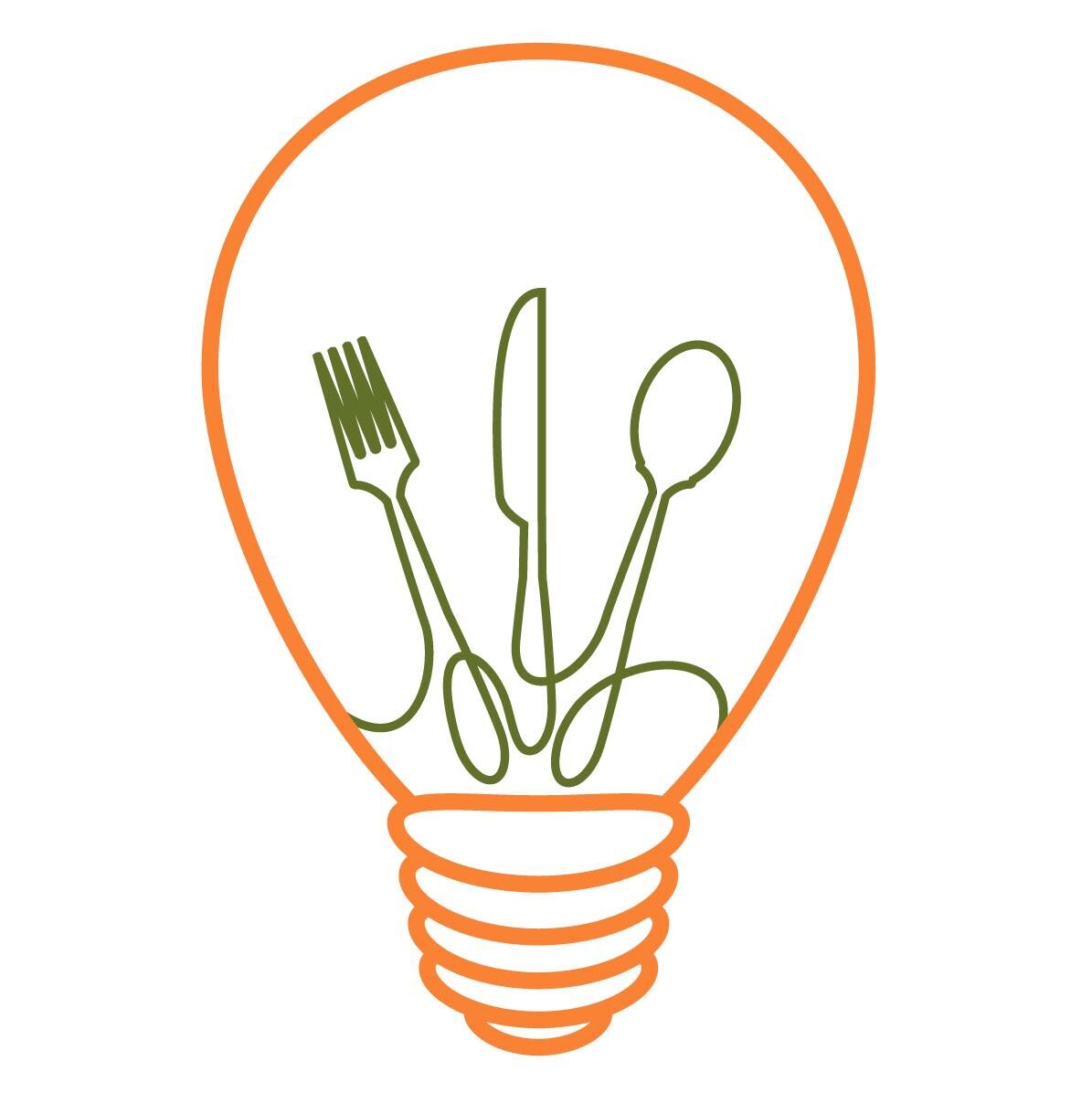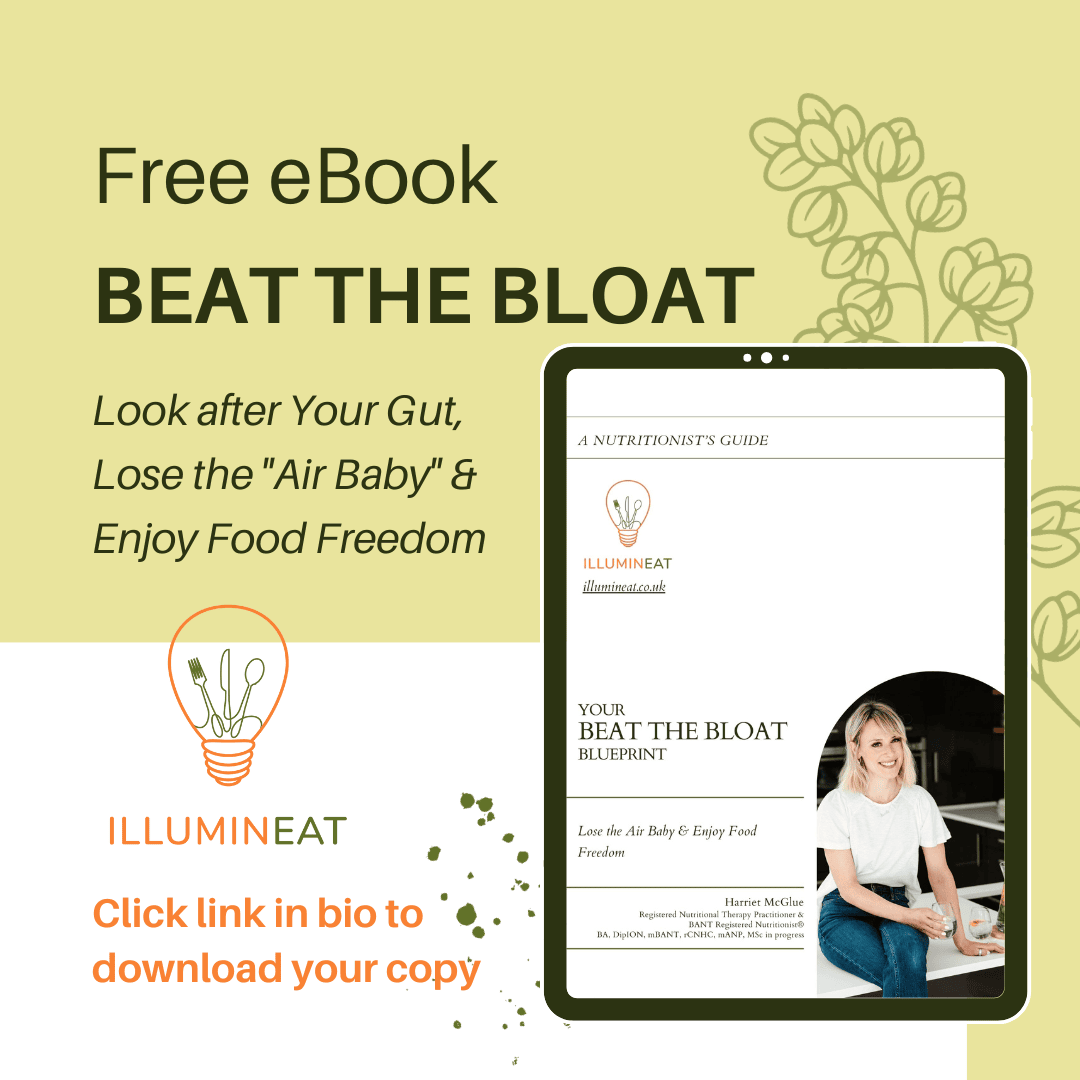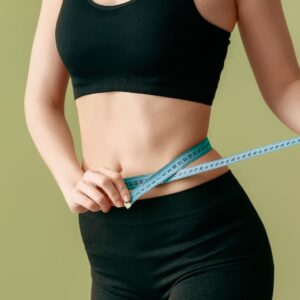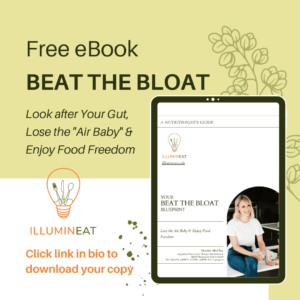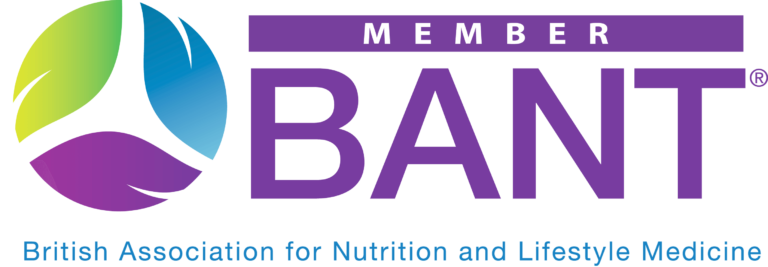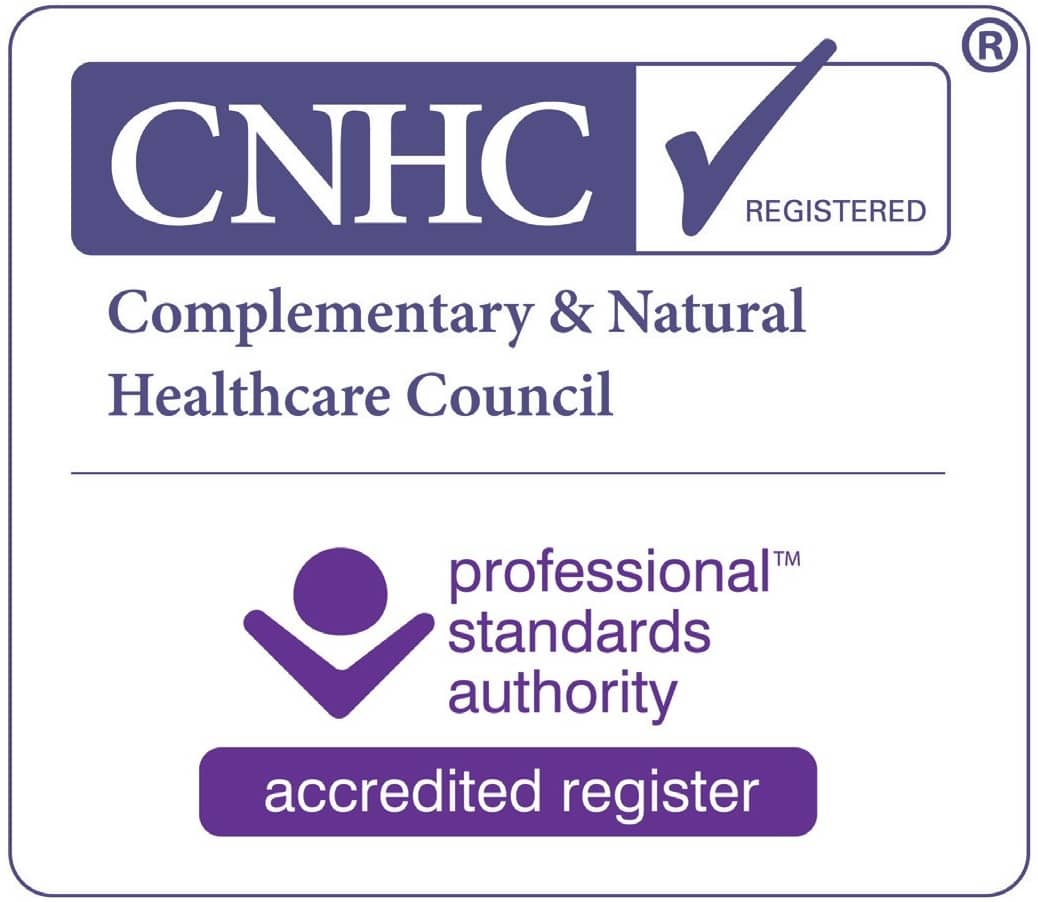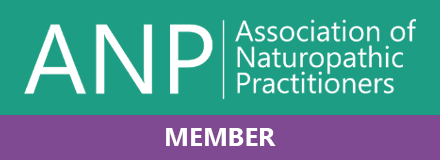Ah, the million dollar question. If only I had a pound for every time I get asked that question. The answer? *Drum roll please* is…..MAYBE. It depends. Sorry, that’s such an unhelpful answer, isn’t it? But it also happens to be the RIGHT one…because you are an individual and your NUTRIENT requirements are too. Let’s look at why…
Now, let’s imagine a person – we’ll call her Jo.
Jo is fit and healthy with no medical conditions. She is a healthy weight and eats an ideal diet of a diversity of organic plant foods and animal products every day. She rarely, if ever, touches fast food, ready prepared food or anything ultra-processed. She doesn’t drink alcohol, smoke, take prescription medication or use over-the-counter meds, either. Jo is rarely stressed and when she is she managed it well. She exercises regularly gets 7+ hours of quality sleep a night. She breathes clean air because she lives in the mountains somewhere, and drinks clean water (same reason). She won the genetic lottery: her family members have not typically suffered with cardiovascular disease, battled cancer or any other scourge of Western society.
Are you a Jo?
Do you know a Jo?
Thought not. And that’s the problem… We should not need to supplement. Indeed, there are randomized controlled trials which compare supplements to placebos which have not found a discernible benefit in 99% of cases. Fit, healthy humans living an “optimal” lifestyle all of the time don’t need supplements. BUT that, sadly, is not the reality for most of us. Myself included!
Studies show that a big proportion of us are deficient in vitamin D, omega 3 fats and magnesium to name a few examples. And we’re most likely sub-optimal in many, many more…
A handful of reasons WHY YOU MAY NEED TO SUPPLEMENT
Modern life exposes us to numerous environmental toxins
from every angle (our food, water, the air we breathe, the products we put on our skin, cleaning/DIY chemicals we use in our homes, fire retardants on soft furnishings, carpets etc. Then there’s alcohol, any medications we take etc.) Most people do not eat organic produce all the time…and even organic still contains some toxins. These increase the demand for certain antioxidant nutrients.
The overwhelming majority of us do NOT eat the perfect diet
In fact, diets on the whole are shockingly bad! Whether that’s from a dearth of plant foods, over-reliance of ulta-processed packaged & prepared foods, cutting out foods or even whole food groups because of real or perceived allergies or intolerances, being vegan (in which case you’ll need to supplement B12 & algal omega 3 as a minimum), avoiding fish – or not eating enough full stop because we’re on yet another diet or just too busy to sit down…
Most people are stressed
I mean, super stressed. It’s hard not to be in this society, right? This 24/7 world that demands so much from us, expects us to be constantly “plugged in” at word AND at home and that deems “business” worthy of a badge of honour. Now, stress isn’t an issue if we manage it well…but how many of us do? We all know that time outdoors, exercise, mindfulness, breath work can be helpful – but these things need to be done regularly and consistently to work. And that means they need time…
Soil nutrients are declining
Industrial, intensive farming; monoculture (where the same crop is grown on the same land year after year); genetic modification of traditional ‘heirloom’ species; and heavy use of chemicals (fertilisers, pesticides, insecticides etc) have degraded & depleted our soils of various important nutrients such as magnesium, phosphorus and vitamin C. This means the nutritional content of fruits, vegetables and grains can be relatively lower – while traces of toxic metals like lead, cadmium and aluminum have increased.
Many fruit & veg are kept for LONG periods in cold storage
before they wind up on our supermarket shelves – and then stored some more in our homes. Nutrients are being lost from the minute they’re dug or picked (one reason frozen produce can sometimes be more nutritious)
Many of us live with chronic medical conditions
which in and of themselves increase our requirement for certain micronutrients, as can many of the medications used to manage them.
Maybe you’re pregnant?
in which case your requirements are certainly different. The developing fetus needs plentiful omega 3 fatty acids and iodine, for example, and will quickly “drain” mum’s iron store if she’s not careful ( a large proportion of pregant women wind up anaemic, myself included)
We all have different baseline requirements!
There is NO “one size fits all”. This will depend of our age, our weight, how active we are/how much we sweat, our genes (many vitamins must be converted to “active” form before the body can use them, and our genes determine whether we are good or poor converters in the case of each
Poor gut health
After all, it’s not just what you take in that counts but what your body can actually ABSORB. And that – to a large extent – required great gut health. Again, can you, hand on heart, say you have OPTIMAL digestion? Probably not. Tummy troubles are more common than ever! Those with conditions affecting the small intestine are at greatest risk of deficiencies (think coeliac disease, Chron’s, colitis, food intolerances etc. )
We don’t get enough sunlight
In the Northern hemisphere, the sun simply isn’t in the right place between October & April to make vitamin D. And even in the summer months, we are wise to the dangers of over-exposure and slather ourselves in sunblock (which, to a large extent, stops us making vitamin D). Then there are cultural reasons for covering up. Not to mention the millions of people cooped up in offices with no natural light during daylight hours!
RDAs are outdated and – in many cases – set WAY too low
They came about in WW2, born out of a need to determine the bare minimum level of a nutrient required to prevent deficiency disease occurring (e.g. how much vitamin C stops scurvy setting in). Now, there is a WORLD of difference between not expiring because we are so deficient in something versus being in optimal health & functioning at our best!
The bottom line
YOU CAN’T OUT-SUPPLEMENT A BAD DIET. Much as you may want to just pop that pill and eat what you like, my motto is FOOD FIRST, ALWAYS.
Why? Because, NUTRIENTS DONT WORK IN ISOLATION in our bodies. Nutrients occur together in whole foods that allows them to function SYNERGISTICALLY and therefore optimally, acting on many biochemically pathways in the body at once. In fact, supplementing individual nutrients in isolation is unlikely do much good at all (and can even throw other nutrients out of whack if you don’t know what you’re doing).
How do I know what to take?
- While many of us will benefit from supplementing certain key nutrients like vitamin D, EPA & DHA (omega 3s) & magnesium, it is ALWAYS best to CONSULT A REGISTERED NT who will be able to look at your health history, diet and lifestyle and run some tests to look at your current levels…
- …which brings me to my next point: TEST don’t guess! For instance, if you are vitamin D deficient (as opposed to bottom of the idea range), the recommended 10 micrograms or 400 IU) is NEVER going to get you to where you need to be! Only prescription-strength supplements will do that
- If you have any medical conditions or are on any medication, CONSULT YOUR DOCTOR BEFORE taking any nutritional supplements. They could affect your symptoms or interact with medicines you are taking.
- A registered NT will be able to guide you towards nutritional supplements with GOOD EVIDENCE for your particular condition, symptom or health goal – as well as steering you towards quality supplements from bona fide pharmaceutical-grade manufacturers. NOT ALL SUPPLEMENTS ARE CREATED EQUAL, guys. Cheap ones are often poor quality; the form the nutrients come in means they are not easy for the body to actually use; & many contain long ingredients lists of nasty fillers and additives.
- You will need advice on the appropriate DOSE (as with medication – these things can be potent) – too little is often ineffective, but too much could be dangerous in some cases. You might need to increase the amount gradually to watch for side effects.
- WHEN you take the particular nutrient can be key: Perhaps it needs to be with food or on an empty stomach; away from certain other nutrients, medications or foods
